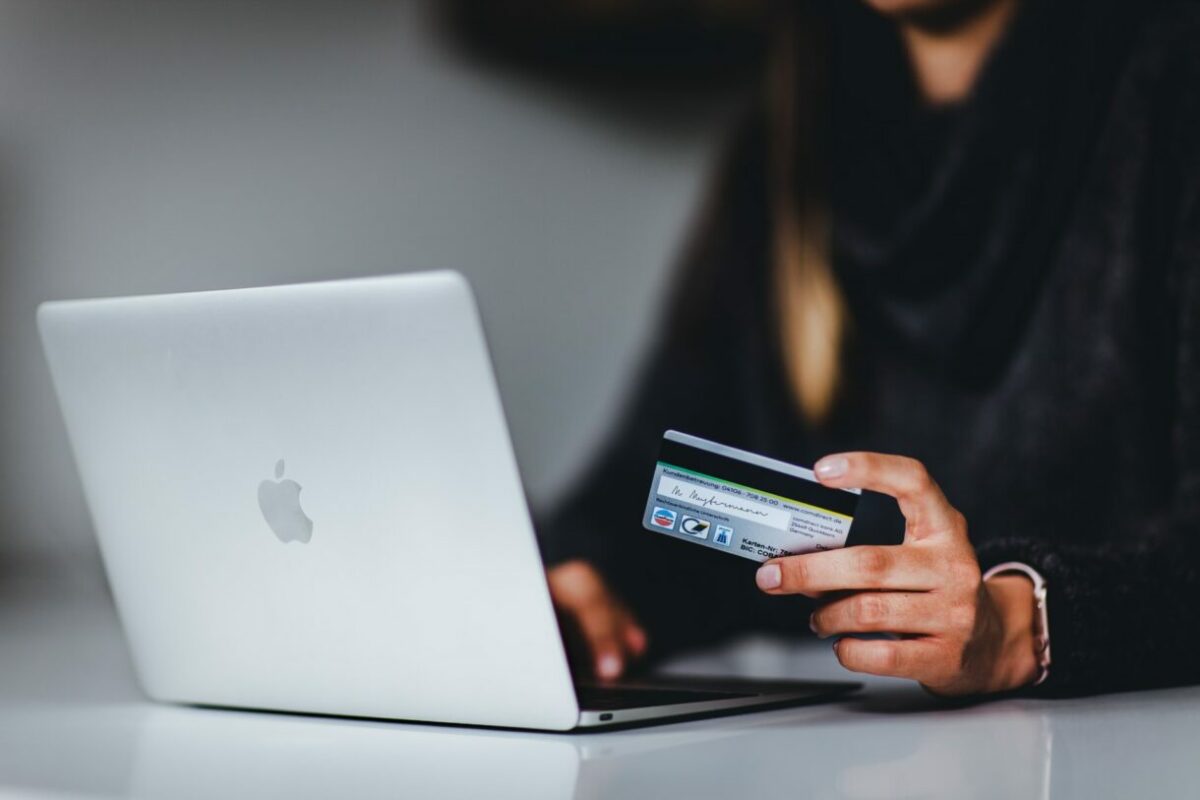Scams are all over the place these days. From mail scams to phishing attempts and sophisticated cybersecurity heists, there are so many ways for these criminals to try and steal our money. Unfortunately, there’s not much we can do once these thieves have made off with our money.
You can attempt to contact your bank or the company that holds your assets, but there’s a good chance that you won’t be able to recover anything unless you have some kind of insurance.
But with that said, the best way to avoid these online scams is to actually learn more about them. When you understand how they work and the motives of the people behind them, you can actually use that knowledge to avoid them entirely. So here’s some helpful advice that will help when avoiding scams.
If something sounds too good, always do a bit of research
We won’t say that everything that sounds good is fake or a lie, but we will say that you should be extremely careful in these cases. There are loads of fantastic deals out there and businesses that will give you amazing offers on their services, but you also need to be aware that some of these companies could be trying to scam you.

It’s always a good idea to do some research, such as looking up this National Life Group lawsuit info or searching for reviews on a particular brand. Keep in mind that almost every business has a handful of negative reviews, but if there is an overwhelming number of bad publicity and poor ratings, then you should probably try to avoid that company or service.
If you’re feeling pressured, hang up or break contact
One of the biggest red flags to look out for when interacting with a potential scammer is the feeling that you’re being pressured. Scammers like to force you to act because it’s difficult to make decisions when you’re being rushed to do something.
They might threaten you with something, they might try to set time limits on everything, and they may even say that your computer is in danger and needs to be fixed as soon as possible. When you feel pressured like this, it’s usually a bad sign and you’ll want to break contact or hang up the call.
Be wary when buying things on the internet

Lastly, make sure you’re careful when buying things online. We all love the convenience of being able to just click a few buttons to order something to our doorstep, but it’s important to remember that not every company is legitimate and it’s easy to get scammed when buying things online.
This is especially true when buying things from private sellers who might be trying to peddle fake goods. Always read descriptions, make sure you look at reviews, and try to rely on the most common stores and services when possible to avoid the possibility of being scammed.
This doesn’t mean that every small business is bad, but buying from larger companies can usually give you extra peace of mind.
Use Lookup Tools
There are two types of tools you can use in order to verify if someone is who they claim to be. You might get an email user with a fake name claiming to be from the UK, but has the IP address and social media account of someone from india. Email and social lookup tools can help you with that.
All you need is an email, name or social media URL like Facebook to help you detect and uncover someone’s true identity.
Implement Strict KYC Processes

If you are a business, you might encounter a lot of fake users who want to scam you through chargebacks or get access to your company accounts and wreak havoc. To prevent these scammers, you need a stricter KYC (Know-your-customer) process by creating an application or onboarding process where the scammer needs to add some of their personal details. You can ask basic questions like their name, email, and address or implement a stricter measure and ask for their date of birth, identification number, phone number, and more.
A scammer would really think twice before sharing any personal information with your company. Thus they’d be forced to leave you alone.
Conclusion
Knowing who you’re dealing with online is the key to avoiding scams and fraud. Data such as user information can greatly benefit the process of filtering out who is a true scammer after your wallet and who is serving your best interest.
We have also covered some of the most common types of scams and fraud occurring on Paypal if you want to be aware of the dangers.
